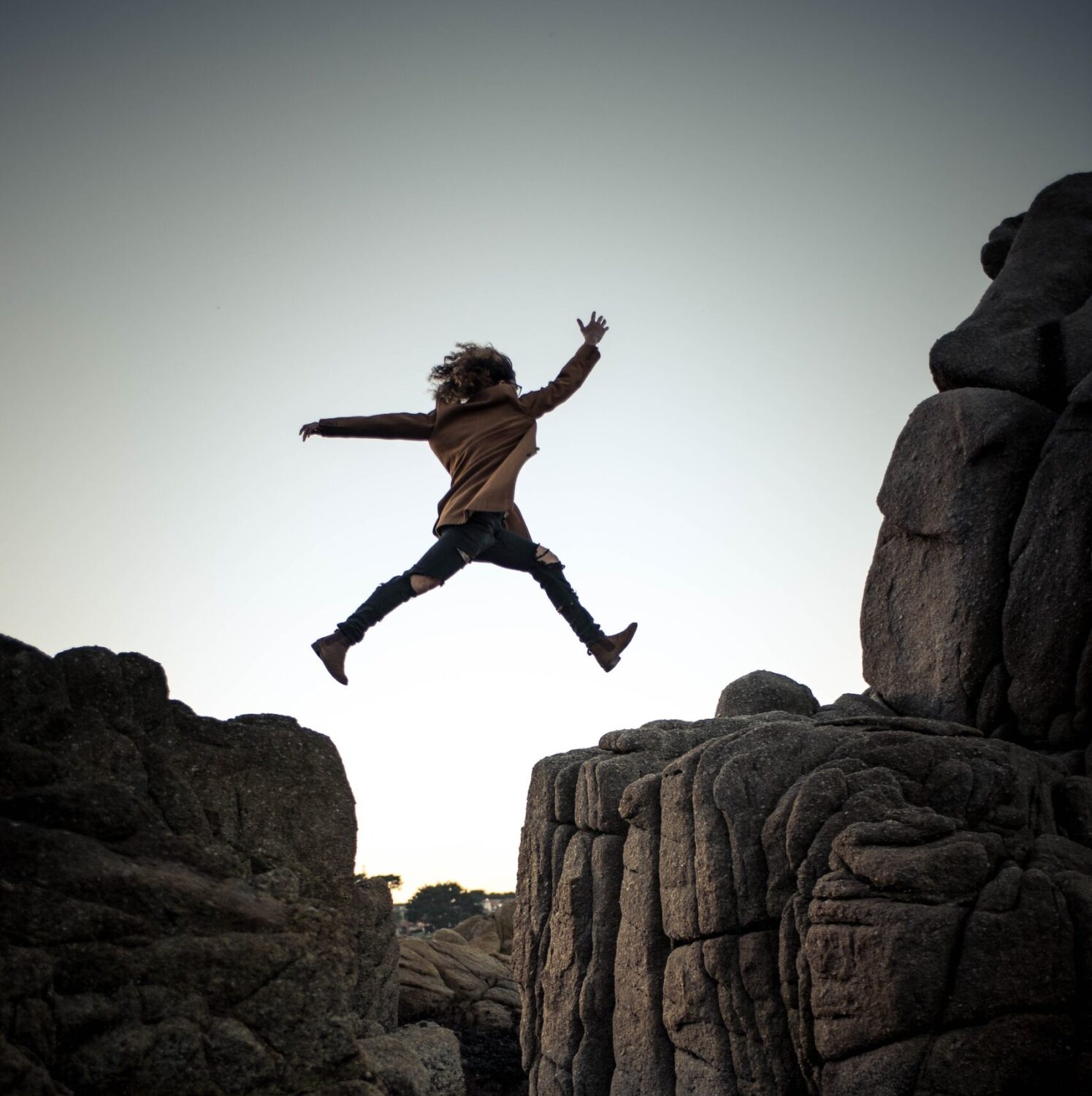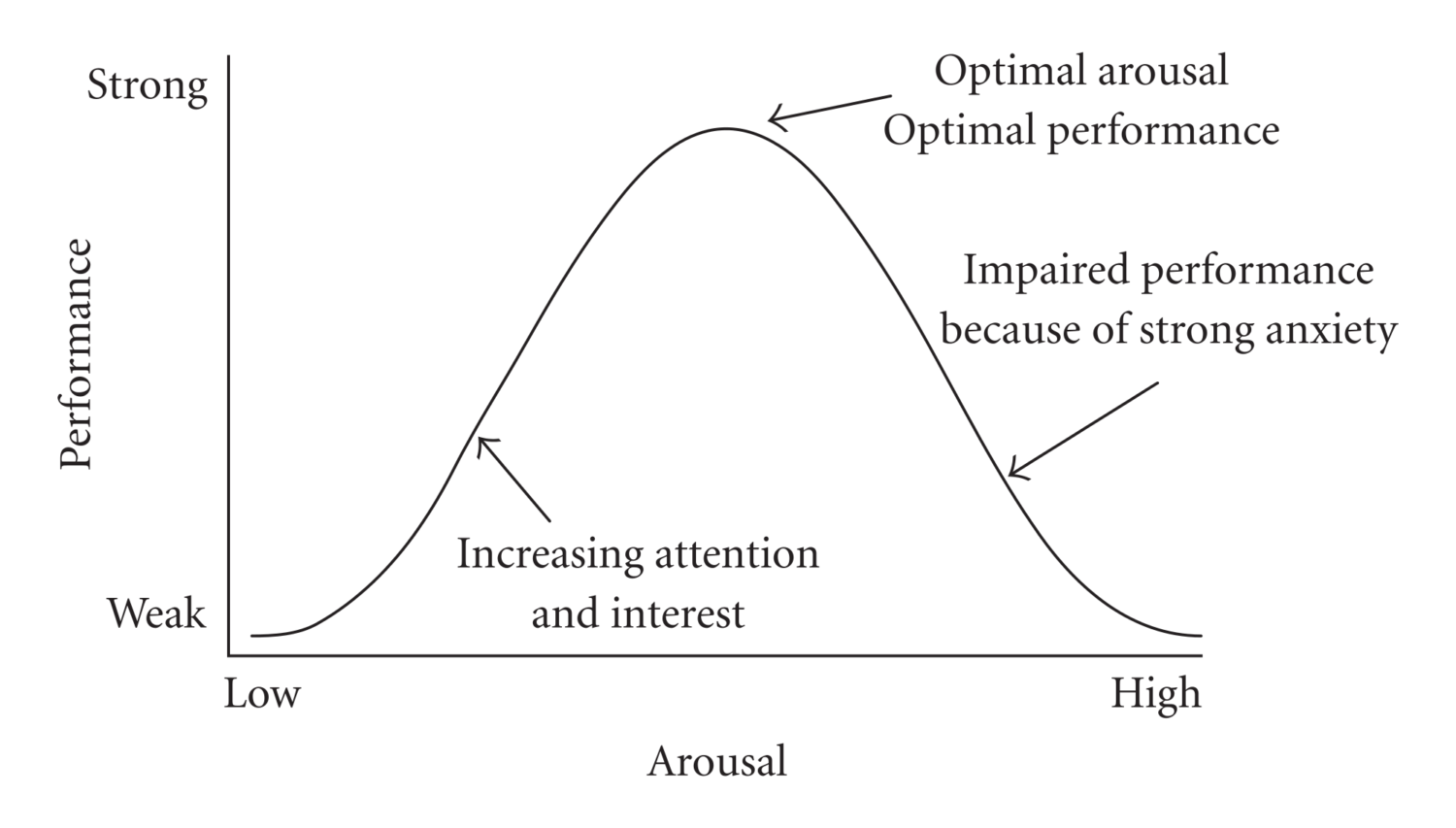
The Risk of Being Risk-Averse: Departing the Comfort Zone
The older sister of a friend approaches me on the street this morning and strikes up a conversation. This is unusual for two reasons. Firstly, I have never seen this woman in the area and secondly, we haven’t spoken much before on this occasion. I know little about this woman except that she runs an impressive storytelling event, which is becoming increasingly popular and esteemed in this city. This fact renders our interaction quite nerve-racking for me. I am taken aback when this woman tells me she reads my blog and invites me to speak at an upcoming event. I feel my face flush before her at the thought of doing this. “You must come on Monday to check it out”, she says. I do as she says and buy one of the last tickets for the Monday show. The four storytellers speak each for fifteen minutes with a perfect balance of conviction, elegance, and humour. I run my eyes around the room, soaking in its genuine and positive atmosphere. On the drive home, I experience a euphoric kind of hope and elation about my contemporaries and the city we dwell in. “You’d be so great up there”, my boyfriend says to me. I shake my head and make a point of swivelling the conversation elsewhere. I refrain from telling him I politely declined the invitation already.
A life devoid of risk is a life devoid of progress
Rationally, I know I should do things I am afraid of. I think we all are aware of this. But to do the thing is a whole other story. I find it distressing how often I catch myself encouraging a friend to do something I would never do. When I observe myself doing this, it feels like catching your reflection in a mirror and it not being how you’d like it to be. But I believe we can all be guilty of this, which is to say: remaining within the comfy parameters of habituality. We all dwell in a comfort zone: a place that feels familiar and safe and operates in line with our expectations. This could be working in a government job in the city you were raised in. It could be writing screenplays for the same TV show for its never-ending seasons. It could be visiting the same Thai restaurant you always have or reading the same book genre without considering another section in the bookstore. Everything is easy in these situations because we know the environment well and have experienced the outcome enough to know how it pans out. However, there is a price to pay for this familiarity, as change and growth cannot occur in these environments. Although you are comfortable, you are also unperturbed and stagnant.
Mental health professionals define a comfort zone where anxiety is non-existent, as the “comfort zone” provides comfort and solace. It is a psychological state where the environment feels familiar, making the person feel calm and in control. It’s understandable why one would want to stay in this zone since it’s risk-free. However, a life devoid of risk means ‘progress plateaus’. Alasdair White, who coined the phrase, emphasised that to reach your potential, you must challenge yourself by departing this zone and exposing yourself to a certain degree of distress.
To grow, you must enter the zone of ‘Optimal Anxiety’
It is essential to recognise the different types of stress; the adaptive-healthy and maladaptive-harmful kind. Safe risk-taking engages with the positive, adaptive type of stress, which is explained scientifically by the Yerkes Dodson Law. Psychologist Robert Yerkes made a strong case that humans can maximise their performance by exposing themselves to situations that evoke a higher stress response (or ‘arousal level’), jumping out of that anxiety-neutral comfort zone. Yerkes donned this space, which is just one step out of our comfort zone, as the ‘Optimal Anxiety’ zone.
The law states that human anxiety and performance levels function by way of a curve, where a certain degree of anxiety is shown to improve performance until a particular optimum level of arousal is reached. It is only when we reach beyond this optimum sweet spot of anxiety that it begins to hinder performance. As a result, we see performance quickly spiral as anxiety continues to grow past this optimal level, causing us to be in what feels like a debilitating amount of distress that is no longer productive and functional. Conversely, the consequence of living a life of too little stress and habitually remaining in your comfort zone is a chronic state of boredom and stagnation. So, how can we find this sweet spot of optimal anxiety without it being debilitating? From where I sat at the storytelling event, the idea of standing up on stage and engaging the audience with a captivating storyline well-surpassed these zones. I could only imagine the very worst outcomes, so I shut the door to such a risk and succumbed to the guilt.
Unfortunately, the only way through is courage
The cliché of my fear is explicit, and it shames me. You would think over six years of university presentations, interviews and a job that involves talking to strangers daily would have dismantled the fear. But, if anything, it’s only become worse. It’s as if the older I become, the more aware I am of other people’s gaze and the more valid this irrational fear feels. Unfortunately, the only way to step out of the comfort zone and into the fear zone, in my case, from the crowd to the podium, is courage.
The courage consensus I read over and over on the internet was a devastating realisation. Courage is the only way out because the task is brand new, so you have no opportunity to draw a roadmap as to how it will go. This is also called RISK. Once you muster the courage (welcoming any tips!), you enter a learning period in which the optimal anxiety state propels you forward and through the situation. It is said that once you complete the feared task, you must complete it again, and maybe again one more time until you are desensitised to the fear and enter the growth zone. Essentially, you can only find courage in considering the benefits of jumping and exposing yourself to the risk.
Benefits of taking the jump:
- Self-Actualisation: This is the most meaningful natural human motivator for risk-taking, the need for self-actualisation. Psychologist Abraham Maslow theorised self-actualisation in 1943 as ‘what a person can be, they must be’. That is, humans are naturally curious animals who possess a strong drive to reach their full potential. Reaching self-actualisation is dependent on leaving your comfort zone.
- Resilience/Anti-fragility: Life is seldom straightforward, and we all know we cannot control and anticipate everything that comes our way. This attitude should also be extended to the humans living it. Turmoil, change, loss, and adversity are all unavoidable. The only way to be good at handling this rollercoaster is to practice leaving your comfort zone more often and familiarising yourself with the anxiety. Settling in a comfort zone means that when they eventually occur, you will feel it more than the risk-taker. Practice and explore the optimal anxiety zone and develop skills for change and fear.
- Growth mindset: The growth mindset came from Carol Dweck’s research on mindsets, whereby she distinguishes two distinctive mindsets: fixed versus growth. The fixed mindset refers to the belief that a person has a very specific ‘dosage’ of ability, and there is a corresponding ceiling on how much the person can achieve. In contrast, it is the growth mindset in which humans are malleable, more flexible animals with unlimited potential. The fixed mindset sees failure and mistakes as a symptom of one’s dosage and conditions you to a) fear failure (as it exposes your inequity) and b) stay in your comfort zone. On the other hand, the growth mindset appraises stress, mistakes, and failure as valuable opportunities for learning and change.
How you might go about getting off the comfort couch
If you find you are guilty of remaining in your comfort zone, there are several valuable strategies and mini-risks you can engage with daily. I have included the genuinely useful ones I have been trying to bring into my daily life. Some are behavioural, and some are cognitive, but let me warn you, all are pretty challenging if you are, like me, a creature of comfort.
First, reconfiguring your definition of ‘stress’ is essential because there is no physiological difference between the experience of anxiety, excitement and stress. They are identical responses to an environment or situation. The only difference is our conscious judgement of the experience as negative versus positive. One of the better things that has come out of the positive psychology movement is ‘eustress’ or ‘positive stress’, which challenges our tendency to think of all stress as solely harmful and damaging. Eustress is the “good kind” of stress that one experiences within optimal anxiety. It is, therefore, essential to leave the comfort zone and enjoy personal growth. A practical behavioural starting point is doing tasks that you consider mundane differently. This could be swimming at a different pool or going to a new restaurant without looking up the Google reviews.
Perhaps most importantly, is to practice honesty with yourself. I think we all have protective barriers in place. Considering how you feel about something can help to push you out of your comfort zone. It takes you one step closer to becoming who you want to be with your present self. You cannot cultivate your ideal self from the comfort zone couch. It’s simply not possible. Through honest communication – in a journal or with those around us – we can see what will deliver us self-actualisation. It’s especially important to practice self-compassion by managing our expectations during these periods of personal growth. Jumping out of your comfort zone can be horrifying at first; you do not need to make it harder for yourself.
Navigating your way through such a period of self-actualisation doesn’t have to be a one-person experience; seeking psychological support can be immensely comforting and reassuring throughout this journey. You can also read more about stress and post-pandemic anxiety here and here.

